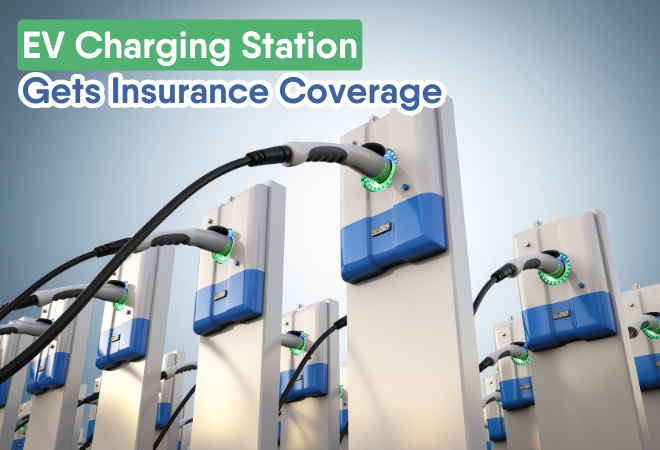
What is EV Battery Capacity in EV?
Battery capacity is the amount of electrical energy that a battery can store and deliver over a specific period. It is measured in units of watt-hours (Wh) or kilowatt-hours (kWh).
For example, if a battery has a capacity of 100 kWh, it can deliver 100 kilowatts of power continuously for one hour or 1 kilowatt for 100 hours. Battery capacity is an important metric in determining how much energy is available to power devices or vehicles. It plays a significant role in their performance and usability.
Measurement of Battery Capacity
Measurement of battery capacity refers to determining the amount of electrical energy that a battery can store and deliver. This measurement is expressed in units of watt-hours (Wh) or kilowatt-hours (kWh).
To measure battery capacity, various factors are considered, including voltage, current, and the duration for which the battery can sustain a certain level of power output. This measurement helps assess the energy available for powering devices or vehicles and is essential for evaluating their performance and efficiency.
How Range is Affected by Battery Capacity?
Battery capacity directly affects the range of an electric vehicle. The capacity, measured in kilowatt-hours (kWh), determines how much energy the battery can store. A higher-capacity battery can store more energy, allowing the vehicle to travel farther on a single charge. For example, a vehicle with a 60 kWh battery will generally have a longer range compared to one with a 40 kWh battery. However, the actual range also depends on factors like driving speed, terrain, weather conditions, and overall efficiency of the vehicle’s systems. Therefore, while battery capacity is a crucial factor, other variables also influence the vehicle’s range.
Also Read: Everything About EV Battery
Planning to set up a Charging station?
Connect with 1C for expert advice on EV chargers
Gross And Net Battery Capacity
Gross and net battery capacity are terms used to describe the total and usable energy storage of a battery, respectively.
- Gross battery capacity refers to the total amount of energy a battery can theoretically store under ideal conditions. It includes all the energy available in the battery, including unusable portions like buffer zones or reserved capacities.
- Net battery capacity, on the other hand, refers to the battery’s actual usable energy storage capacity. It accounts for factors such as degradation, inefficiencies, and reserved portions that cannot be accessed during normal operation. Net capacity is what users can effectively use for powering devices or vehicles.
Use of kWH in Charging Battery
In charging batteries, kWh (kilowatt-hour) is a unit of energy measurement. It indicates the amount of energy consumed or stored over time. For example, if a battery has a capacity of 50 kWh and it’s charged fully over 2 hours, the charging rate would be 25 kW (50 kWh ÷ 2 hours = 25 kW). This calculation helps gauge charging efficiency and estimate charging times for electric vehicles.
Difference Between EV Battery Capacity And EV Battery Range
The table given below shows the difference between battery capacity and range.
Aspect | EV Battery Capacity | EV Battery Range |
Definition | The amount of electrical energy the battery can store and deliver. | The distance an electric vehicle can travel on a single charge. |
Unit of Measurement | Kilowatt-hours (kWh) | Miles or kilometres |
Represents | Energy storage capacity of the battery. | Distance capability of the vehicle on a full charge. |
Factors Affecting | Battery size, weight, chemistry, and technology. | Battery capacity, vehicle efficiency, driving conditions, and terrain. |
Influence on Vehicle | Determines the amount of energy available for propulsion. | Directly impacts the driving range and the distance the vehicle can travel before needing a recharge. |
Also Read: EV Range Anxiety
Conclusion
Battery capacity, measured in kWh, is crucial for determining the energy available to power electric devices or vehicles. It directly impacts their performance and usability. Additionally, understanding the relationship between battery capacity and range is essential for evaluating the capabilities of electric vehicles and estimating their driving distance on a single charge. As technology advances and battery capacities increase, we can expect further improvements in the range and efficiency of electric vehicles, contributing to the widespread adoption of sustainable transportation solutions.








